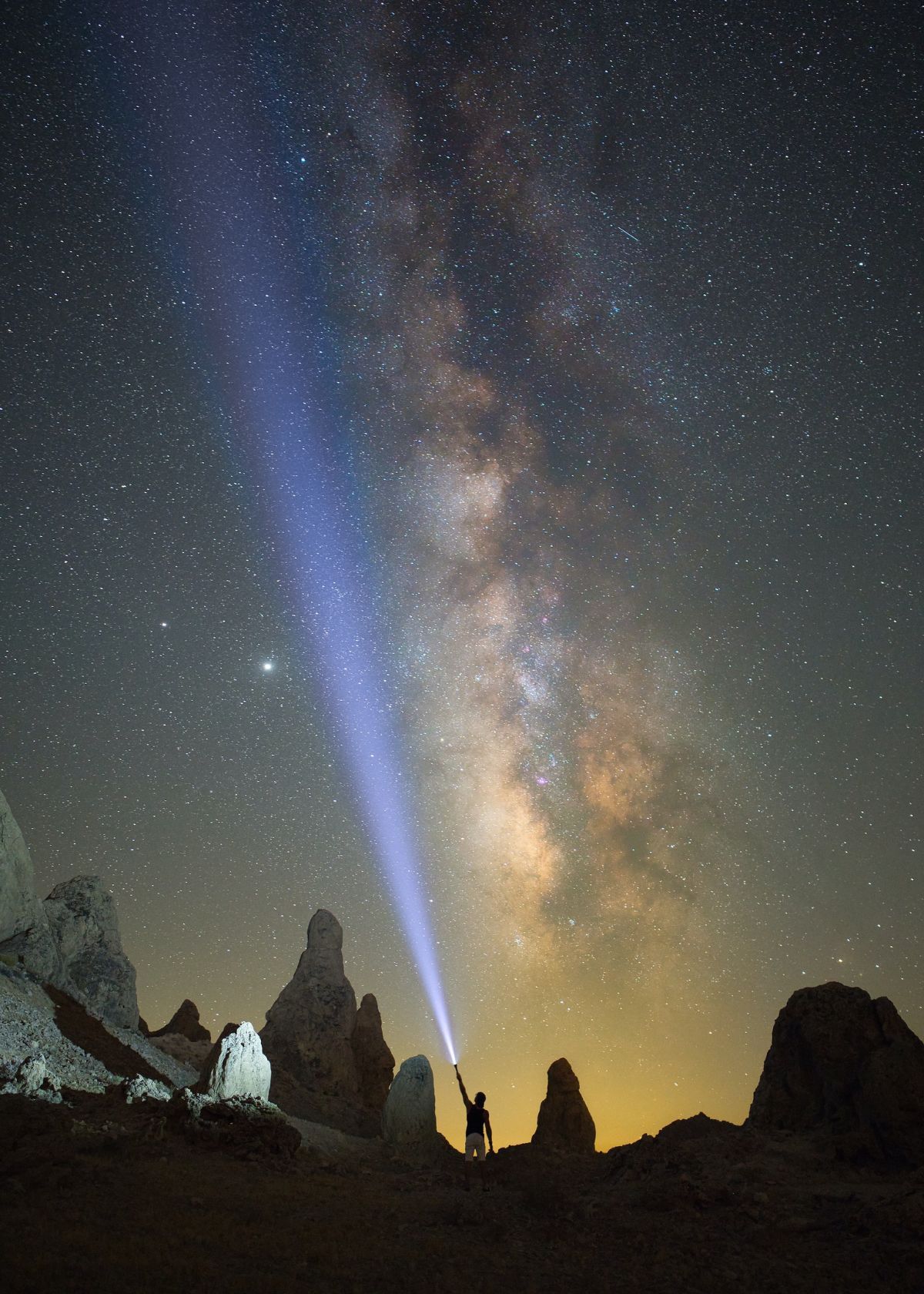Buy Me A Coffee: A Perfect Way To Say Thank You!
Are you looking for an intimate platform that allows you to get up close and personal with your loyal supporters? Buy Me A Coffee allows your audience to send you a simple donation as a token of their appreciation.








